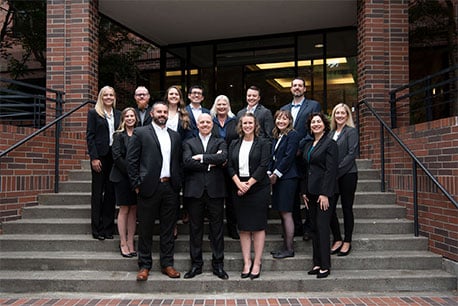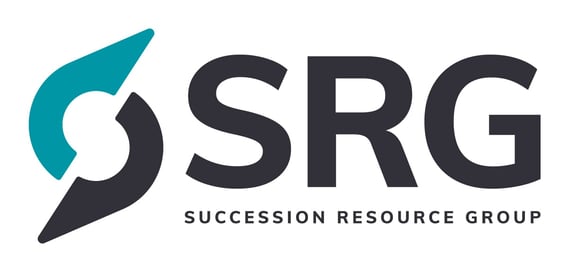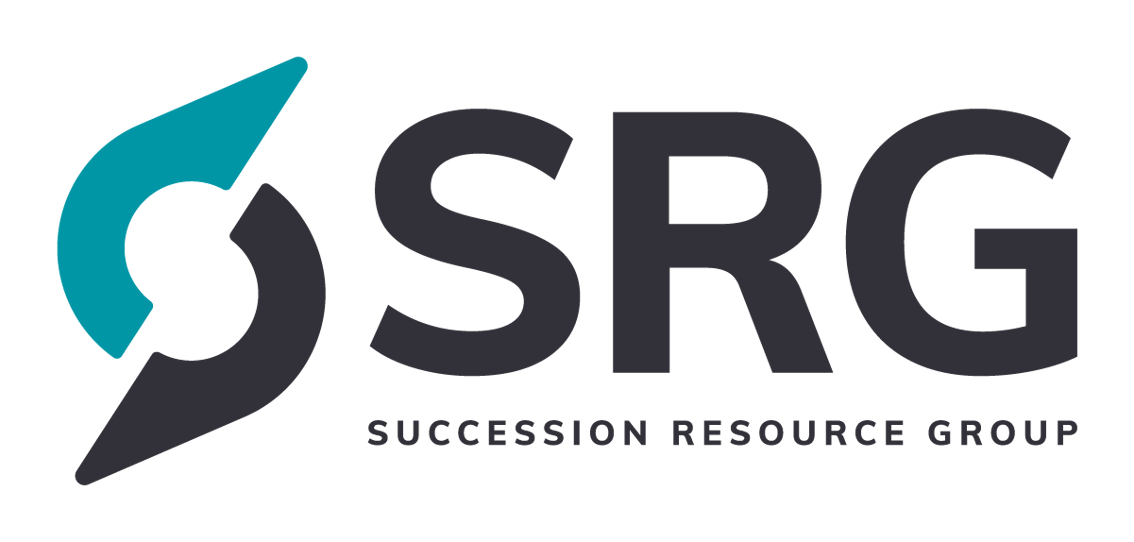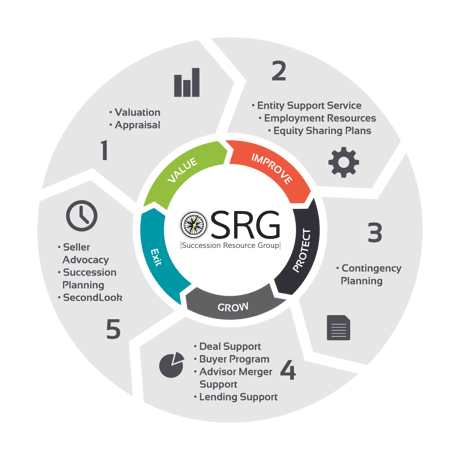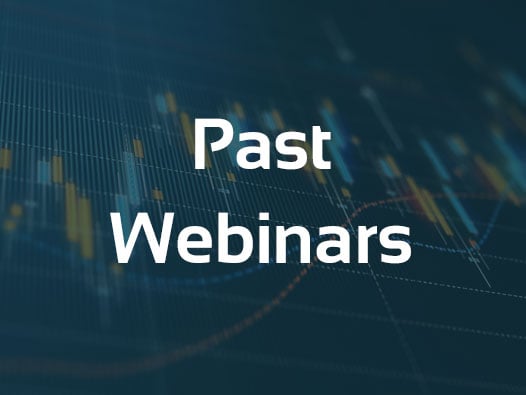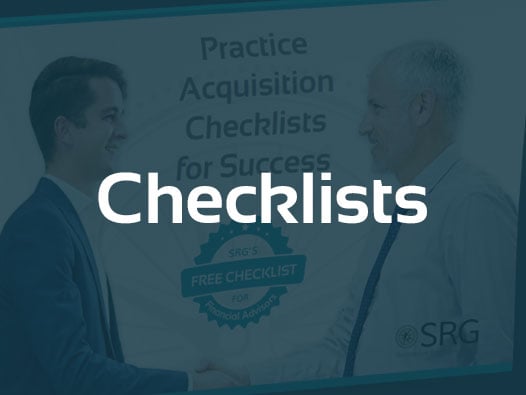Sellers
We can help you complete a deal. Where are you right now in your process?
Buyers
Interested in a listing? Complete the buyer profile to be notified first when a new listing is published:
MyCompass
Whether you are a team of 1 or 100, SRG's open market of seller listings is at your fingertips in MyCompass.
Sign up for our free membership to complete a buyer profile and express interest in any listings you want to bid on. If you are a good fit, we will contact you to begin the deal process.
It is that simple.
About SRG
Succession Resource Group is a boutique succession consulting firm based in the Pacific Northwest, serving clients across the country. SRG was founded by David Grau Jr., MBA in 2012 after nearly a decade of helping advisors with valuation and succession planning. SRG's team of experts leverage their industry expertise, combined with best-in-class resources, to help advisors, agents, and accountants manage the equity in their businesses...
